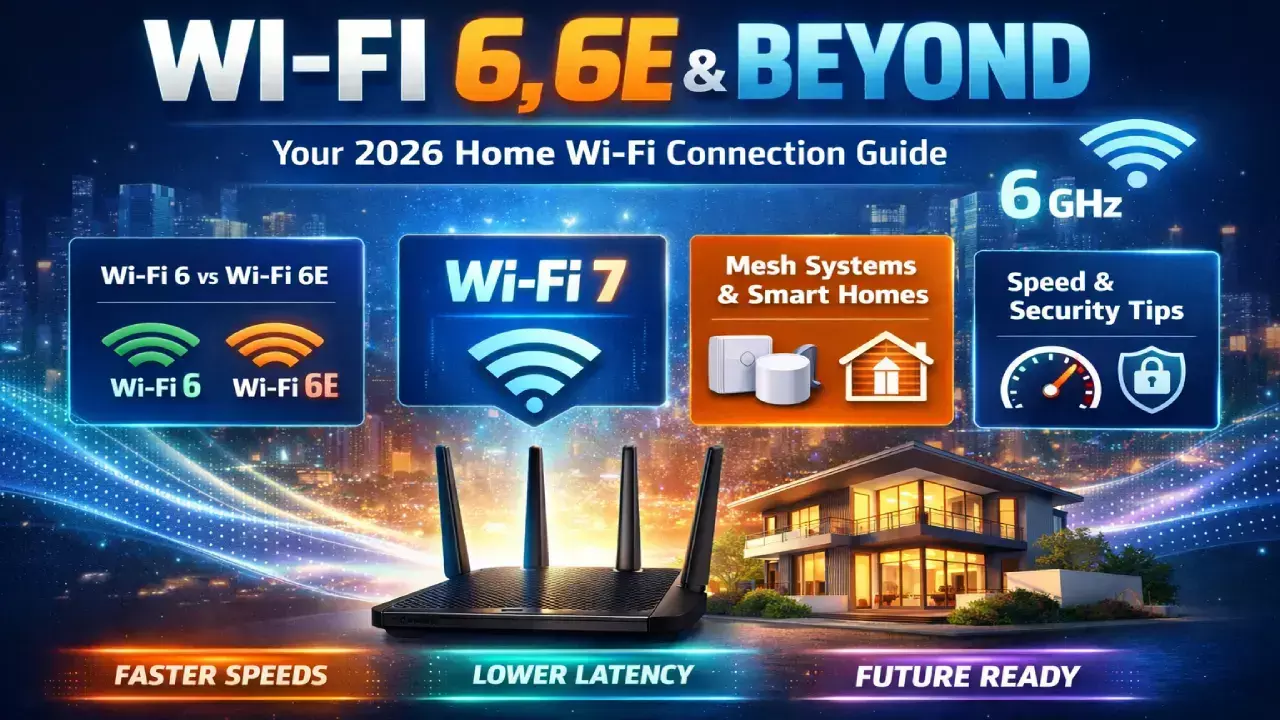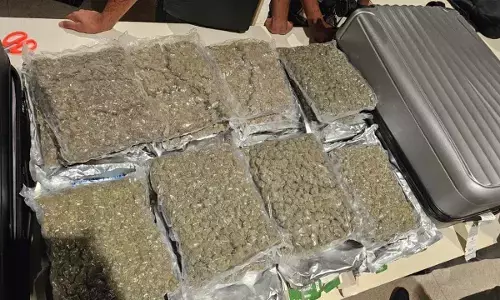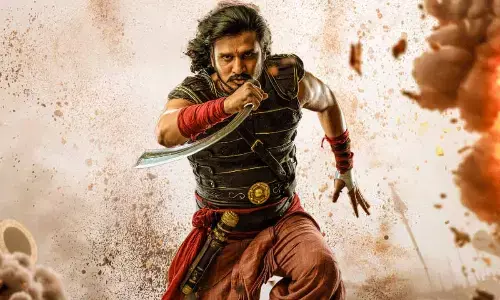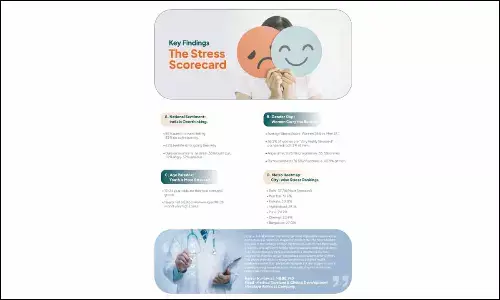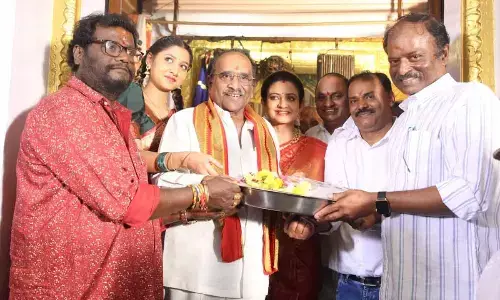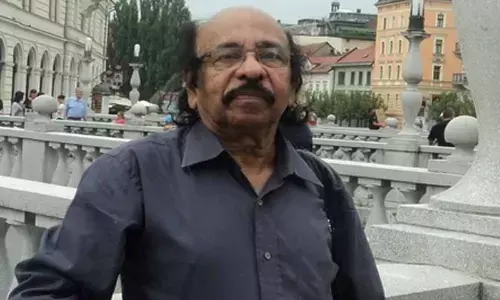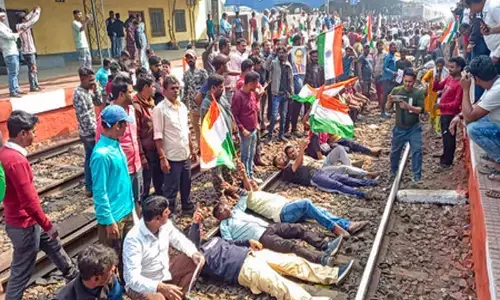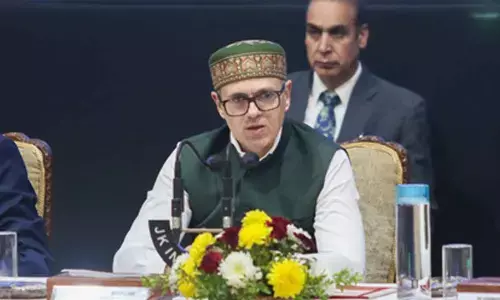Bengaluru’s Metro Fare Surge Sparks Protests, Political Fallout
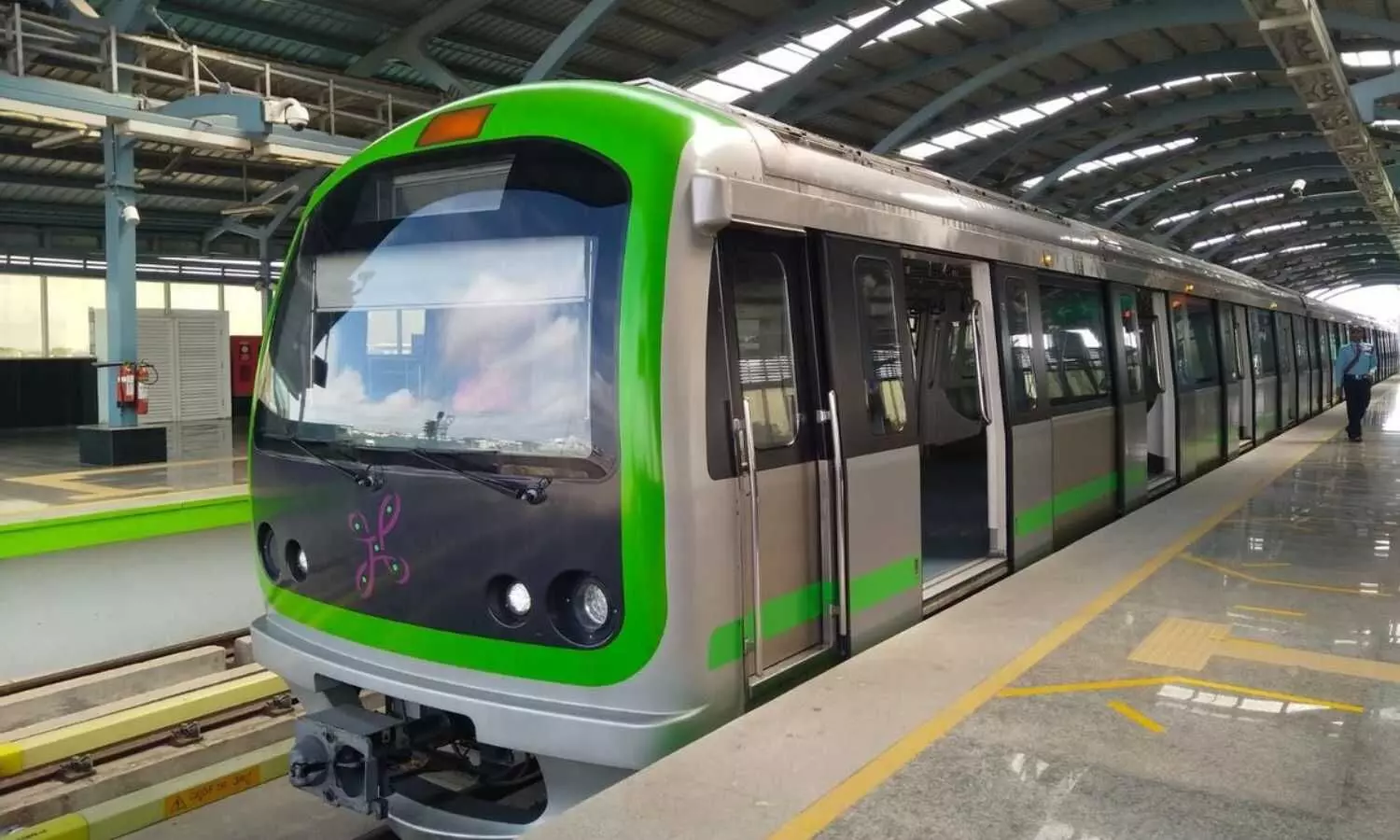
Bengaluru’s Metro Fare Surge Sparks Protests, Political Fallout
Bengaluru Metro's fare hike, reaching up to 100%, leads to public outcry. After political fallout, the hike was revised following the CM’s intervention.
The Bengaluru Metro Rail Corporation Limited (BMRCL) has found itself at the center of a storm following its controversial fare hike, which took effect on February 9. The increase, which saw fares rise by as much as 100 per cent on certain routes, has ignited widespread protests from commuters and political leaders, further exacerbating public frustration.
The revised fare structure, which has drawn sharp criticism, includes a maximum fare increase from Rs 60 to Rs 90, and a significant rise in fares for medium-distance routes. For example, fares for travel covering 24 km have increased from Rs 15 to Rs 20, and for distances over 30 km, the fare has surged to Rs 90. Despite this, the lowest fare for the shortest distance (2 km) remains unchanged at Rs 10.
In response to commuter outrage, BMRCL eliminated discounts for QR code users, now reserving discounts for smart card users, albeit at a reduced 5 per cent. The required balance for smart cards has also been raised from Rs 50 to Rs 90, although users can enjoy an additional 5% discount during off-peak hours. The fare revision also impacts tourist and group tickets, with new prices set at Rs 300, Rs 600, and Rs 800 for one-day, three-day, and five-day passes, respectively.
The fare hike has sparked intense political controversy. The ruling Congress party has blamed the decision on the Bharatiya Janata Party (BJP)-led central government, as the fare increase follows recommendations from a fare fixation committee established by the central government in 2024. Karnataka Transport Minister Ramalinga Reddy argued that the fare hike was a result of the BJP's directives.
Opposition BJP leaders, including Basavanagudi MLA Ravi Subramanya, have demanded the rollback of the fare hike. Subramanya criticized the hike, emphasizing that public transport is meant to serve citizens and not generate profit. Protests by both Congress and BJP workers have been seen at metro stations across the city, with calls for the government to reverse the decision.
Amid mounting public pressure, Chief Minister Siddaramaiah intervened on February 13, ordering BMRCL to roll back the fare increases he described as “abnormal.” Despite initially claiming that the state government had no control over the fare revision, Siddaramaiah acknowledged the backlash and instructed BMRCL to review the hike.
In response, BMRCL revised the fare hike on the same day, capping the maximum stagewise increase at 71 per cent. The recalibration aimed to address concerns over steep hikes, particularly for frequent travelers. However, the base fare of Rs 10 and the highest fare of Rs 90 remained unchanged.
Transportation experts have sharply criticized BMRCL’s handling of the fare increase. Ashish Verma, convenor of the Sustainable Transportation Lab at IISc, questioned the transparency of the fare fixation process, noting that the committee’s report has not been made public. M.N. Srihari, a transportation expert, criticized the abrupt nature of the hike, suggesting that fare increases should be gradual, not sudden.
BMRCL officials defended the hike by citing rising operational costs, including staff expenses, which account for 61 per cent of operational costs, and a significant increase in energy and maintenance costs. The corporation also faces substantial debt repayment obligations, with loan repayments projected to reach Rs 1,457 crore by 2029.
The fare hike has led to an immediate decline in ridership. Data shows a noticeable drop in the daily average number of passengers after the fare revision. Prior to the hike, the average daily ridership was 8,44,899, with the highest being 8,70,687 on February 7. After the fare increase, the daily ridership dropped to 7,51,560, with a sharp dip to 6,23,123 on February 9, marking the lowest recorded during this period.
While ridership recovered slightly after the initial dip, it did not return to pre-hike levels, suggesting a sustained effect, according to experts. The decline is particularly significant considering that weekdays typically see higher commuter numbers. This drop could put pressure on BMRCL to reassess the fare structure. If the trend continues, it could affect revenue projections, as lower ridership may offset the gains from the fare hike.








